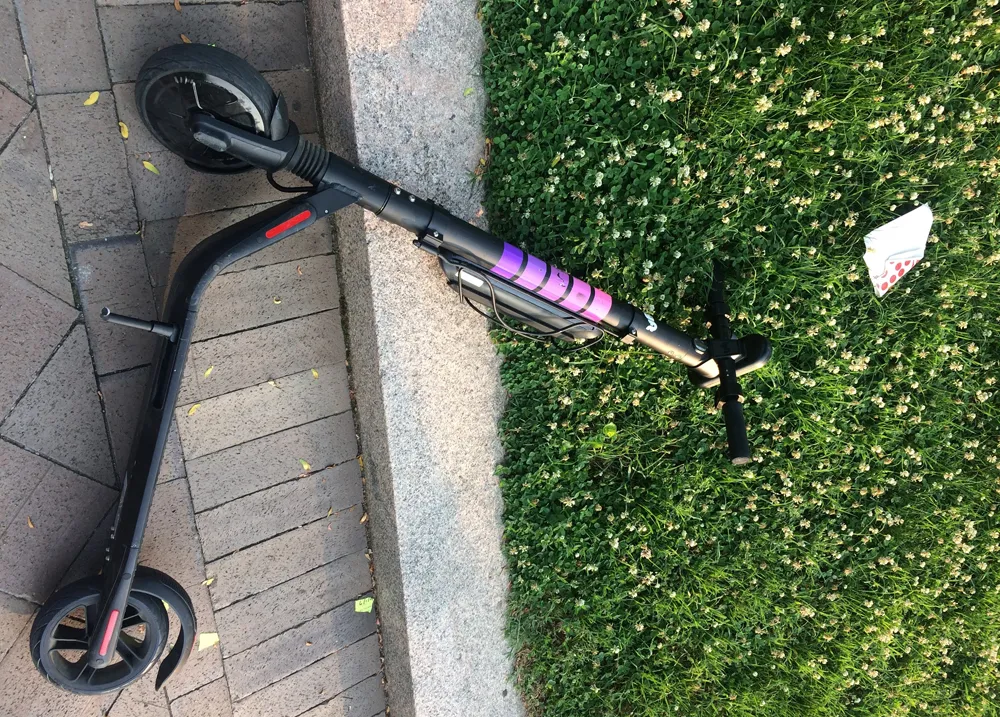More than a third of UK councils say they receive inadequate funding for parking and public transportation programmes, according to software provider Passport.
This figure is from Passport’s report - Solving the UK’s Traffic Challenges – which was discussed at a roundtable event in London this week.
It took findings from two independent studies which Passport carried out as part of its launch in the UK. One polled 1,000 UK motorists while the other surveyed over 50 council employees working within parking departments.
Other findings revealed that over half of UK councils are struggling with parking problems - while nearly a third say illegal parking is on the rise. Also, 83% of drivers have issues with broken parking machines when they need to use them.
Despite this, Adam Warnes, vice president of Passport - UK Operations, said some local authorities are starting to form more ‘joined-up thinking’ on procurement issues.
“It is around partners coming together and being willing to share data and the need for someone to bring that all together,” Warnes adds.
Matthew Evans, executive director at TechUK, suggested that UK authorities could provide a bit more reassurance on the direction of travel to ease the concerns of local authorities.
“Central government could also provide some guiding principles on what local authorities may need to start thinking about when electric scooters end up on the pavements,” he adds.
Evans highlighted Greenwich council’s effort to bring local authorities together in a bid to secure services and platforms and allow authorities to lead on their specialised areas.
“I think we will see more joint ventures in different areas,” he concluded.
• A report on Passport’s roundtable discussion will appear in ITS International, January/February 2019
Nearly 40% of UK councils need more funding for parking and transport programmes, says Passport
More than a third of UK councils say they receive inadequate funding for parking and public transportation programmes, according to software provider Passport.
This figure is from Passport’s report - Solving the UK’s Traffic Challenges – which was discussed at a roundtable event in London this week.
It took findings from two independent studies which Passport carried out as part of its launch in the UK. One polled 1,000 UK motorists while the other surveyed over 50 council employees working within p
November 29, 2018
Read time: 2 mins









